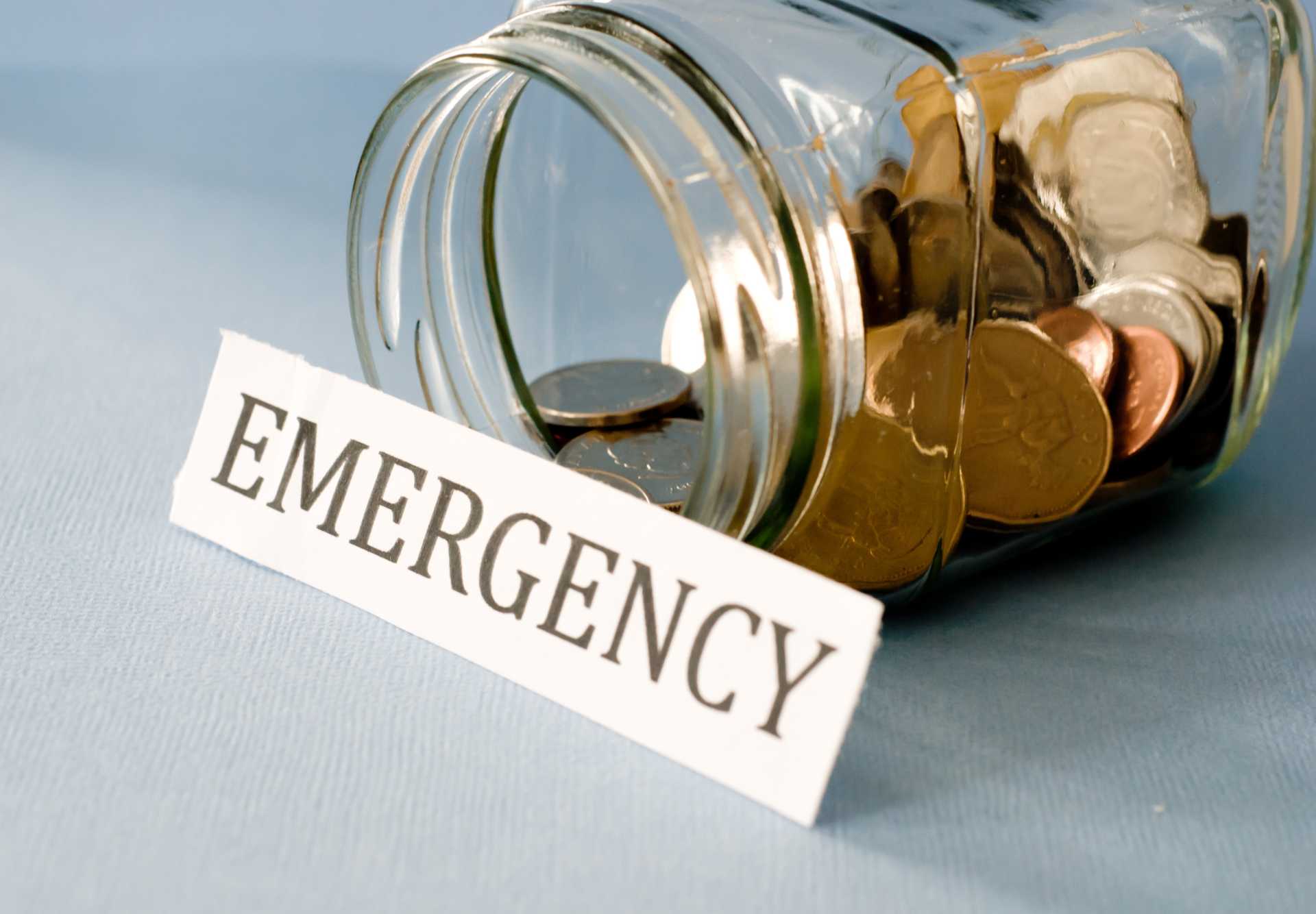The bedrock of sound financial health is an easily accessible emergency fund. When budgeting, putting money aside for unexpected expenses should be your top priority. Emergency savings can help you get through any difficult situation without debt, be it a flood, fire, health disaster, job loss, economic slump, or anything else.
A Definition of an Emergency Fund
Easy-to-reach funds are money placed aside specifically for times of crisis or unforeseen costs. Money market accounts, and other low-risk investments are typical places to keep emergency savings on hand.
Even the most meticulously prepared budgets can suddenly come apart in the face of unforeseen occurrences such as medical issues or job loss. Emergency funds serve as a cushion to help you get through tough times when other plans need to be put on hold.
Life is seldom what it seems. The only certainty is that an unexpected event will take place. Having an emergency fund helps you face the future with confidence.
Few Have Adequate Funds Set Aside for Emergencies
In the words of the CFPB (Consumer Financial Protection Bureau):
- Almost a quarter of all customers have no emergency reserves at all.
- In case of an unexpected expense, 39% of Americans have less than a month’s savings.
- Consumers from disadvantaged backgrounds, who stand to lose the most in a crisis, are also the least likely to have any savings set up.
- Consumers who have yet to set aside money for unexpected expenses may struggle to satisfy their financial commitments.
- People are better positioned to save for and invest in housing, retirement savings accounts, and other wealth-building financial instruments if they have some resources set aside in an emergency.
You could end up in a serious financial bind if you don’t have money for unexpected expenses.
In the absence of savings, even a temporary setback caused by an unexpected expense can significantly influence your ability to meet your other financial commitments.
Taking on debt is like making a hole in your bank account. Debt can magnify a seemingly insignificant price, making it more difficult to move ahead financially and save enough for the future.
Despite what you may think, your regular paycheck and healthy lifestyle won’t save you from financial ruin. Ask yourself what would happen if you were involved in a car accident and needed time off work. You may need to borrow money, rack up high-interest debt, and put your long-term financial goals at risk if you have to pay for medical care, rehabilitation, or a loss of income.
How Much Money Should You Keep in an Emergency Fund?
Income, outgoings, and preferences all play a role in determining how much of an emergency fund an individual should have. However, depending on your age, the following emergency savings requirements apply:
20s to 30s: By the time you reach your early to mid-30s, you should have an emergency fund set up with enough money to last you for three to six months of living expenses. Everything from mortgage or rent to utilities, groceries, gas, and medical coverage is factored in. People in this age bracket are in a good position to establish a healthy emergency savings base since they may have fewer financial responsibilities and fewer dependents.
40s to 50s: People in their forties and fifties should have a savings cushion of at least six months to a year’s worth of living costs. Mortgage payments, college tuition, and healthcare bills may all rise at this juncture. A larger emergency fund gives you more breathing room to deal with unexpected costs.
60s and above: People in their 60s and beyond, either already retired or entering retirement, should prioritize building a substantial emergency fund. The standard recommendation is to save at least enough money to cover living costs for at least a year. Retirees are particularly vulnerable to unforeseen costs, such as healthcare or market fluctuations. A larger emergency fund can help reduce these risks and provide retirees peace of mind.
For what reason do retirees amass such large amounts of cash?
You will need retirement emergency resources to tide you over during stock market downturns that last several years. Let’s assume you’ve saved enough money to retire comfortably and live the rest of your life comfortably. Suppose your savings are in the stock market when it crashes and you must make large withdrawals to maintain your lifestyle and cover essential expenses. In that case, you may be forced to sell investments at a big loss, derailing what should have been adequate money for a secure future.
The Precise Sum Required Is Context-Dependent
These are suggestions, of course, and everyone’s situation is different. When deciding how much money to put aside for emergencies, it’s important to consider job security, health, and personal risk tolerance. In addition, as people’s financial conditions change over time, it’s important to evaluate and revise emergency savings objectives regularly.

